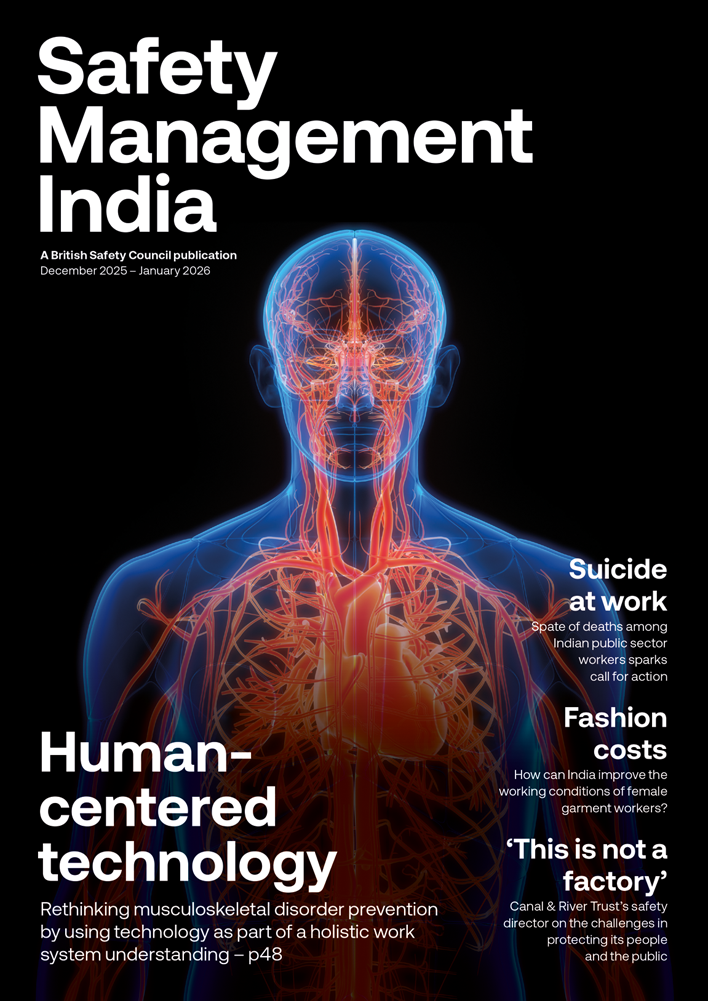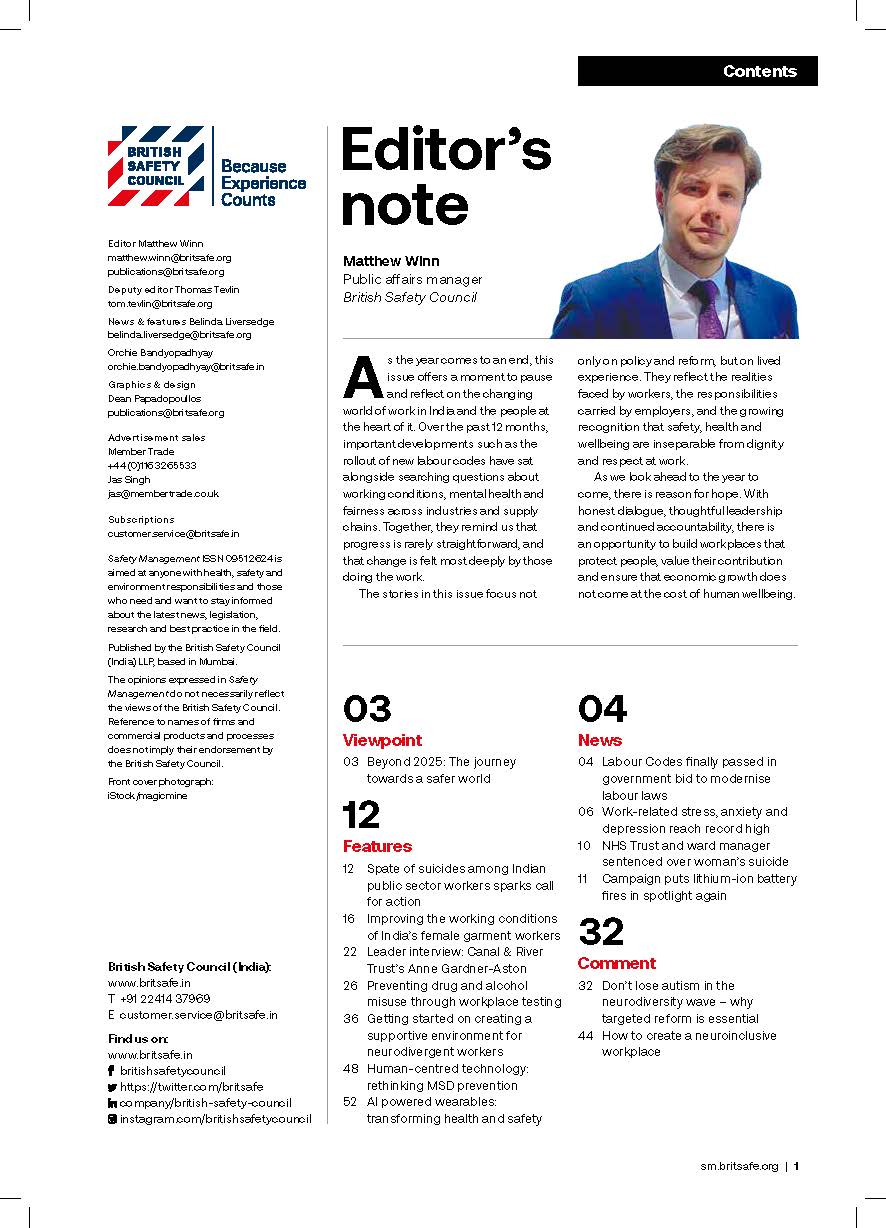Funding cuts have placed the UK’s Health and Safety Executive (HSE) under “considerable financial pressure” as its remit has simultaneously expanded, but the regulator is committed to ensuring it gets the best value out of the money it has, a Parliamentary Select Committee has heard.
News
HSE tells MPs it has been under ‘considerable’ financial pressure, but productivity is on the rise
Answering questions from Members of Parliament during a Work and Pensions Select Committee meeting on 5 February, HSE chair Sarah Newton said the regulator had had to make £100 million in savings since 2010. During this time its responsibilities have “significantly expanded”, particularly in the areas of post-Brexit chemical regulation, the UK’s transition to net zero and the safe deployment of artificial intelligence.
 HSE's leadership addressed a Work and Pensions Select Committee on 5 February. Photograph:iStock/benedek
HSE's leadership addressed a Work and Pensions Select Committee on 5 February. Photograph:iStock/benedek
HSE’s chief executive, Sarah Albon, told MPs that local authorities and HSE had been “under considerable financial pressure”, but that the health and safety regulator has “achieved the efficiencies” it set out to achieve.
“As with all parts of the public sector, there’s a lot more we’d like to do if we were able and funded to do that,” said Albon. She added that finances “remain challenging for us”, and the fact that HSE is funded through three separate government departments “leads to complexities”. However, said Albon, “we remain very committed to ensuring we get the best value out of the money we have”.
Ahead of the Select Committee meeting, British Safety Council’s chief executive, Mike Robinson, voiced concerns about HSE funding cuts and emphasised the importance of a well-funded health and safety regulator.
“This very real funding cut does not reflect the material additions to HSE’s workload, nor does it reflect the scale of the challenges that the future holds,” said Robinson. “We know that the future will be defined by rapid change that will likely have profound impacts on workplace safety. From technology and AI to the changing nature of how and where we work, the challenges our sector faces are both important and varied.”
Responding to a question alluding to a 30 per cent drop in the number of HSE inspections and an increase in the cost per inspection, Albon said this was “partly accurate”. The regulator has been “shifting more resources” into preventing catastrophes at major hazard sites “as budgets have been squeezed”.
She also pointed to a “significant period” a decade ago when a hiring freeze prevented HSE from recruiting inspectors – something it is still recovering from. Filling those vacancies has placed a “training burden” on HSE’s experienced inspectors and has been “a drain on our ability to do as much productive work as we’d want to do”.
“We have undoubtedly had to recover from recruitment freezes,” said Albon, adding that “the proportion of really experienced to less experienced [inspectors] is not where we’d want it to be”.
Despite these challenges, Albon said: “We’ll see improving productivity this year, next year and for the foreseeable future. We’re in an upward trend now.”
NEWS

Campaigners welcome work-related road safety charter in strategy to reduce road deaths
By on 15 January 2026
Employment rights bill passes into law, bringing 'work into the 21st century'
By on 24 December 2025



